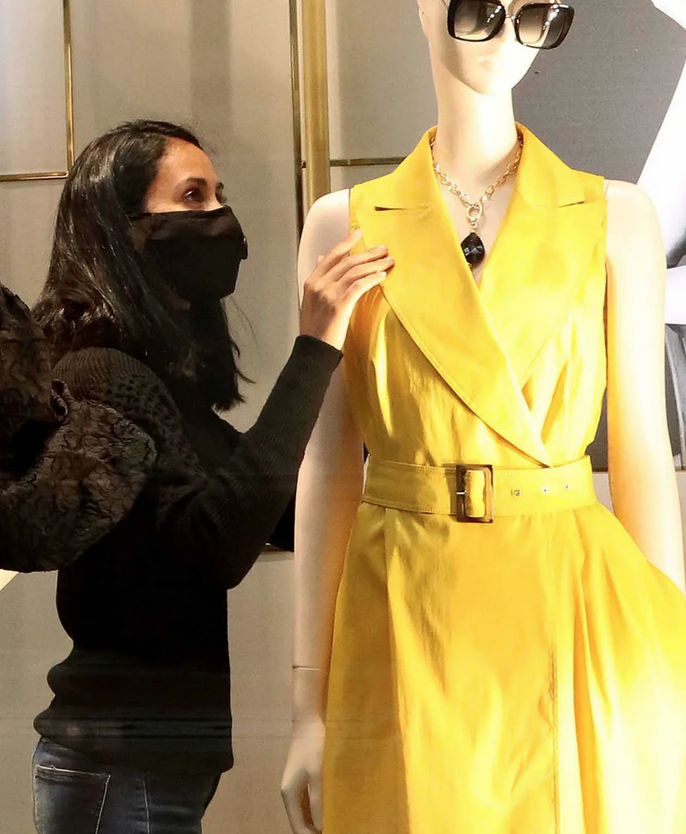
Even as consumers have called for more sustainability initiatives from fashion, there’s a knowledge gap around what the clothes they’re wearing are actually made from and how much clothing gets recycled, according to a survey conducted by Wakefield Research on behalf of biotech company Protein Evolution.
Protein Evolution, which announced a partnership with Stella McCartney in December to process leftover mixed nylon and polyester from the brand’s collections into new material, surveyed 1,000 Americans to inform its efforts to “transform the way society handles plastic waste”, according to chief business officer and co-founder Connor Lynn. It found that 69 per cent did not realise that crude oil is used in making a majority of the world’s clothes — even while many believe they’re “somewhat knowledgeable” about ways to reduce plastic waste in their day-to-day life. On the flip side, 93 per cent overestimated the percentage of textiles that get recycled each year. In reality, only a fraction of the world’s textiles get recycled; the US Environmental Protection Agency reported a recycling rate of 14.7 per cent for all textiles in 2018, but downcycling — using the textiles for a lower-value purpose, such as shredding them for insulation — accounts for much of that figure. Of all clothes collected for reuse, less than 1 per cent is actually recycled back into clothing, according to the Ellen MacArthur Foundation’s 2017 New Textiles Economy report. That leaves a major gap between knowledge and potential action for consumers and brands alike.
“People don’t know that they are wearing an oil rig, that they’re wearing an oil slick,” says Paul Anastas, director of Yale University’s Center for Green Chemistry and Green Engineering, who is considered the “father of green chemistry”, and is also a science advisor to Protein Evolution. Here, he is referring to the fact that fashion’s most-used fibre, polyester, along with other synthetic fabrics are plastic-based and made from petroleum; and many textiles, both synthetic and natural, are made with petroleum-based chemicals to give them specific properties, from softness to moisture-wicking capabilities.
There are concerns that focusing on a lack of consumer knowledge — rather than brand liability — will further the idea that sustainability is the responsibility of the consumer. While it’s not the consumer’s job to make fashion better, many argue that consumers do have a role to play in shaping how the industry operates.
The survey should be a wake-up call, says Lynn.
Read more – Vogue Business
